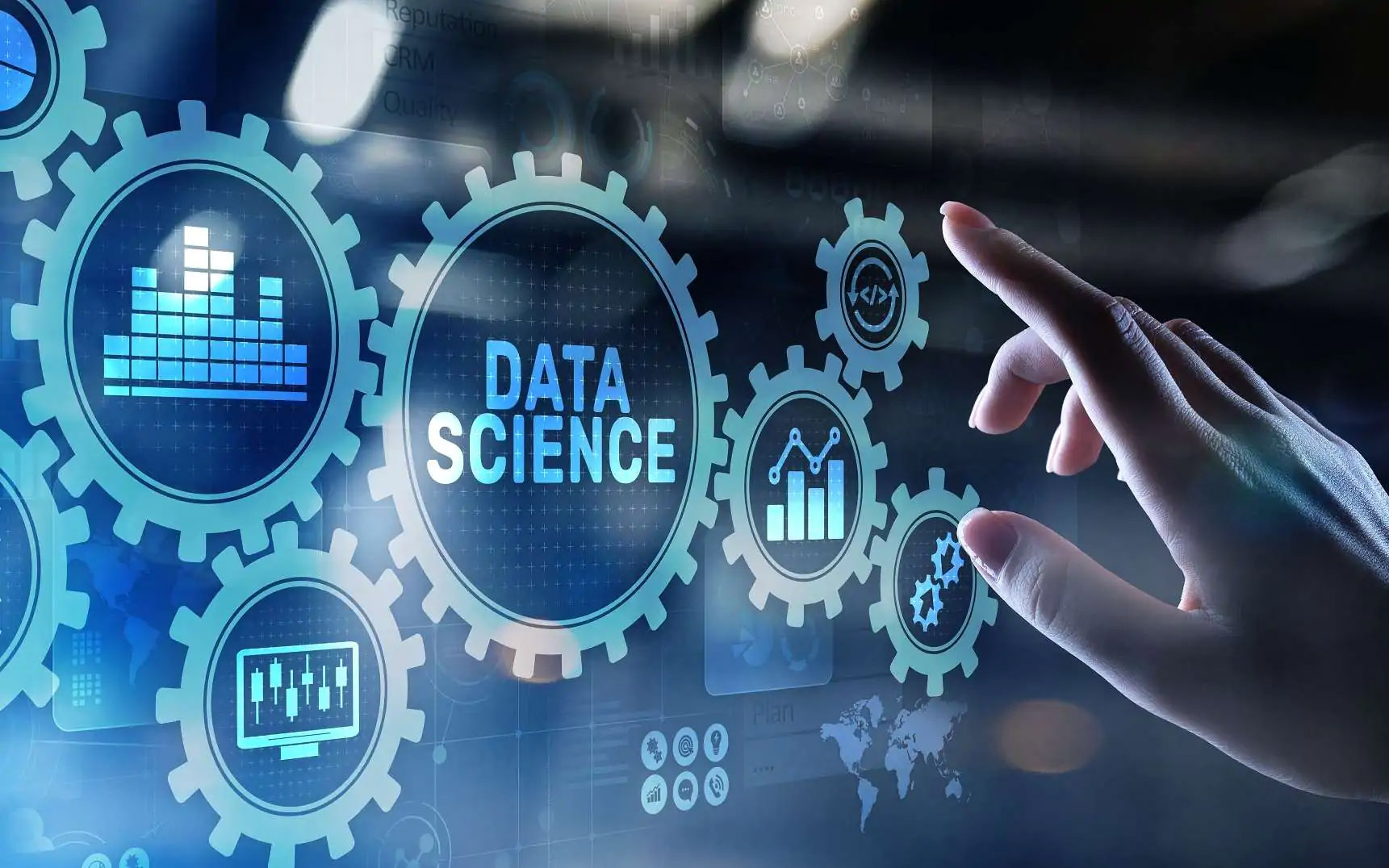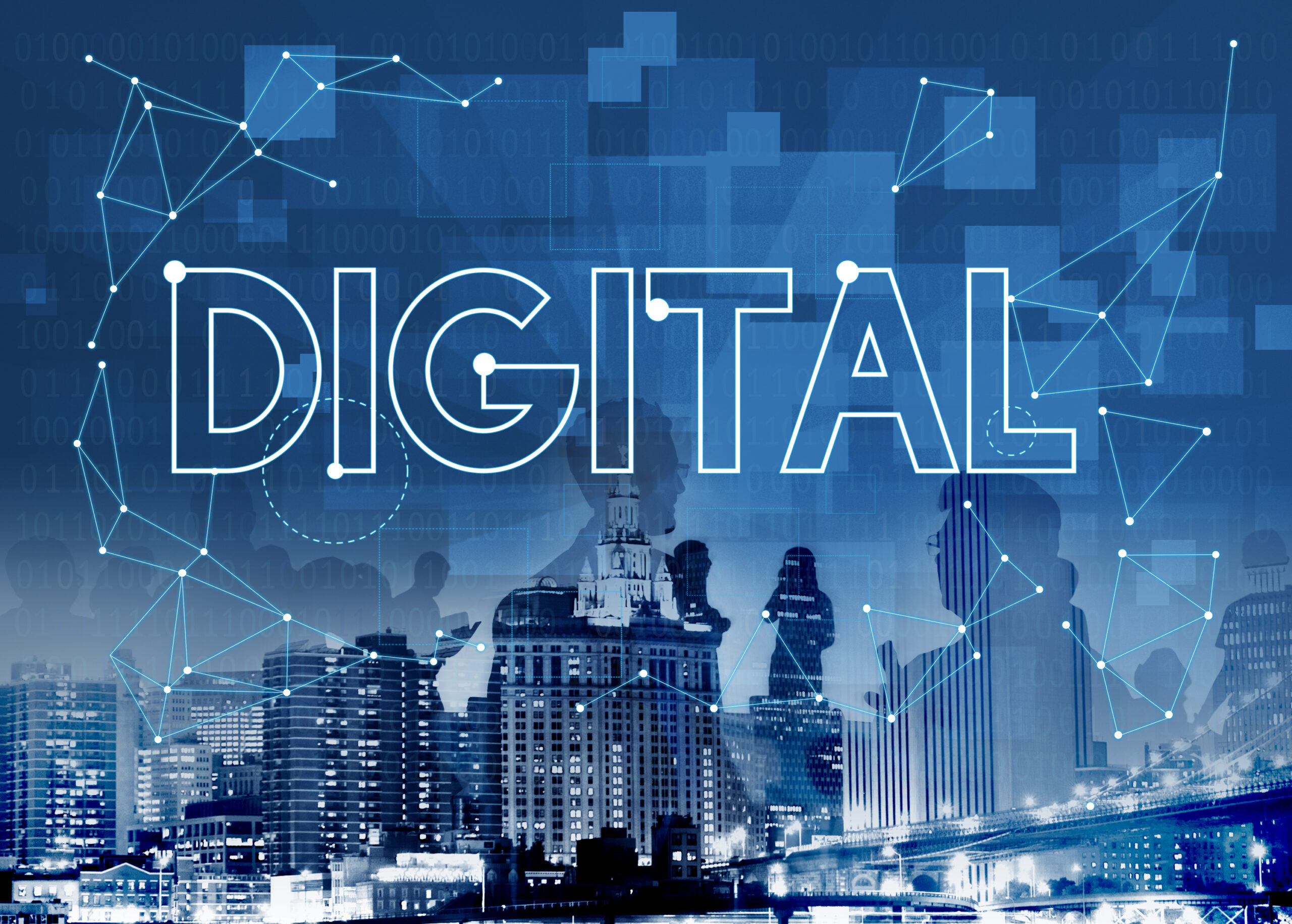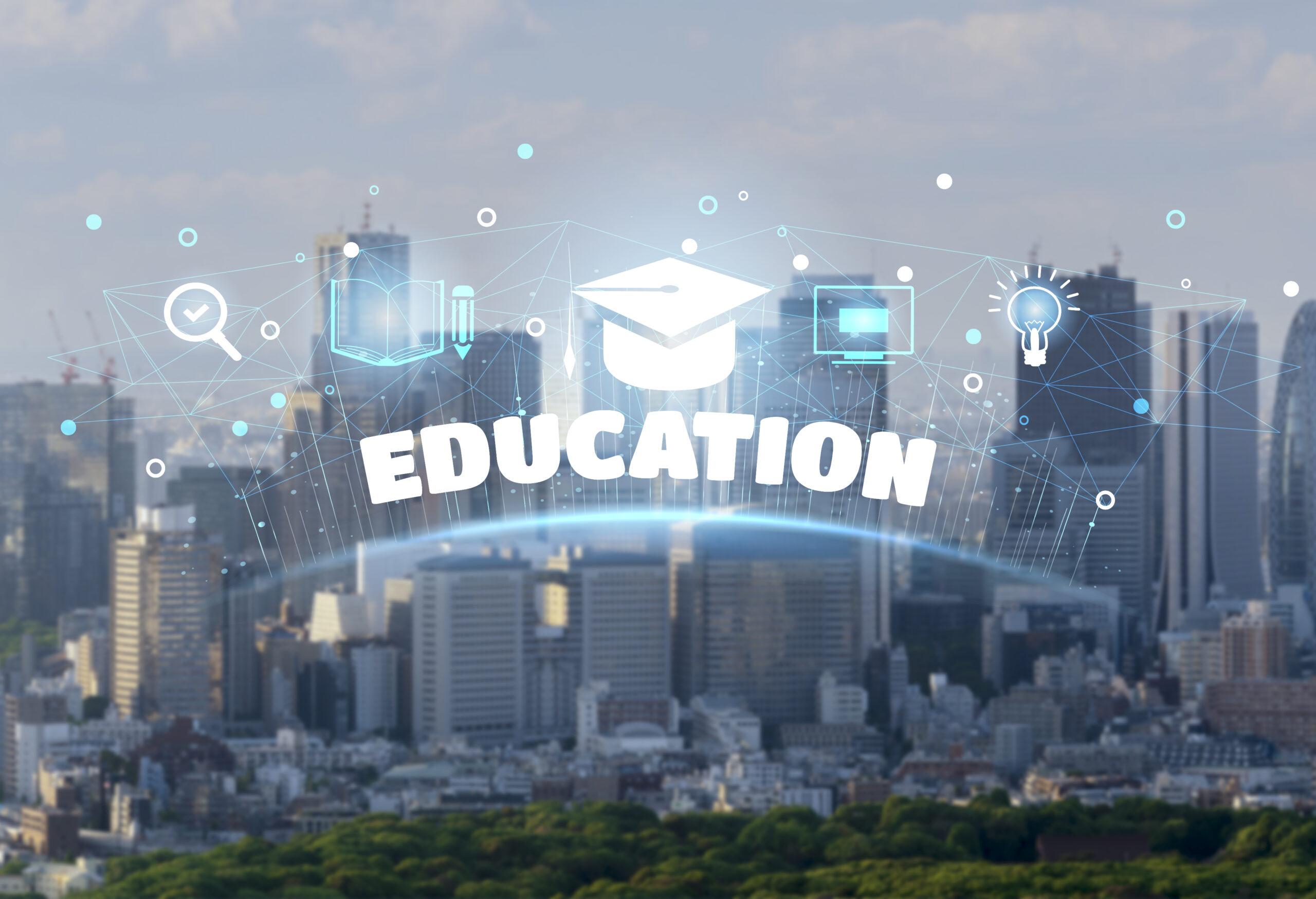Data Science and Educational Technology (EdTech) are two domains that have seen significant growth over the last decade. While each has its own sphere of influence and application, the intersection of Data Science and EdTech offers promising avenues for transforming education. This blog delves into the growing symbiotic relationship between Data Science and EdTech, exploring its current applications, benefits, challenges, and future potential.
The Rise of Data-Driven Education
Traditional education often follows a standardized model that doesn’t account for individual differences in learning styles, speed, or strengths and weaknesses. In contrast, modern EdTech tools, backed by data analytics, offer a personalized educational experience. Data-driven algorithms analyze student performance, learning patterns, and even emotional responses to educational material, tailoring the educational trajectory accordingly.
Applications of Data Science in EdTech
Learning Analytics
Data science techniques are extensively used to collect and analyze data on student performance. This includes tracking metrics like test scores, time spent on tasks, and engagement levels, offering educators insights into student comprehension and areas for improvement.
Adaptive Learning Systems
These systems use machine learning algorithms to customize learning paths for students. By analyzing past performance and learning styles, they adapt in real-time to provide learners with resources that match their current needs.
Predictive Analytics
Data science can forecast educational outcomes based on existing data. For instance, if a student struggles with a particular topic, predictive analytics can flag this early, allowing for timely intervention.
Content Recommendation
Much like Netflix recommends shows based on viewing history, EdTech platforms can suggest courses, exercises, and additional reading material based on past engagement and performance, optimizing the learning experience.
Benefits of Data Science in EdTech
Personalization
Data analytics enable a more individualized approach to education. By considering a student’s unique learning path, EdTech platforms can facilitate more effective and engaging educational experiences.
Optimization of Educational Resources
Data analytics can help educators understand which teaching materials are most effective, allowing for resource optimization.
Real-Time Feedback
With the help of data science, educators and students can receive real-time feedback, enabling immediate adjustments to teaching strategies or study habits.
Early Intervention
Predictive analytics can identify at-risk students early on, allowing for targeted interventions that can significantly affect educational outcomes.
Challenges and Ethical Considerations
Data Privacy
With the collection of extensive data, issues surrounding data privacy and consent become more complex, especially when minors are involved.
Quality of Data
Data analytics are only as good as the data collected. Inconsistent or incomplete data can lead to incorrect conclusions, potentially harming the educational process.
Ethical Use of Data
There’s a fine line between personalization and pigeonholing. Ethical considerations arise when data analytics start to limit students’ educational experiences based on past performance or preconceived notions.
The Future of Data Science in EdTech
The potential for data science to revolutionize EdTech is massive, but it is not without its challenges. As machine learning and AI continue to evolve, we can expect even more advanced applications of data science in educational technology.
Integration of AI and IoT
The combination of Artificial Intelligence and the Internet of Things could bring about smart educational environments that continuously adapt to student needs.
Real-world Skill Assessment
Beyond traditional metrics, data analytics could assess real-world skills like collaboration, problem-solving, and critical thinking, offering a more holistic view of education.
Conclusion
The synergy between Data Science and EdTech offers a transformative pathway for education, promising a more personalized, effective, and insightful learning experience. While challenges exist, particularly in the ethical domain, the potential benefits are too significant to ignore. As we move forward, it is critical to approach the integration of data science in EdTech thoughtfully, ensuring that we maximize the benefits while minimizing the pitfalls. With the right balance, the convergence of Data Science and EdTech could herald a new era of education that is more equitable, engaging, and attuned to individual needs.





